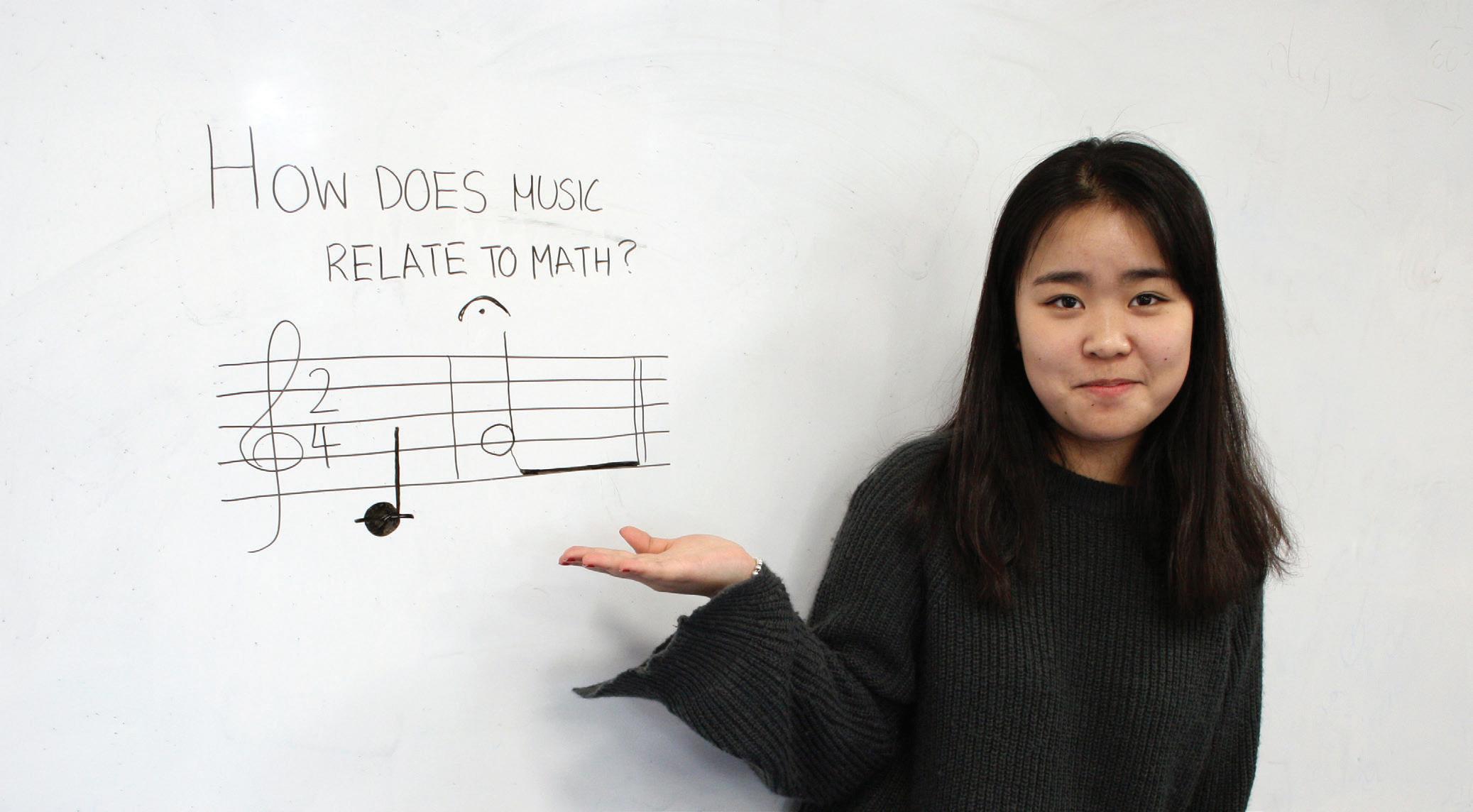
6 minute read
The thesis sits smugly on the shelf, Adam Poole
The thesis sits smugly on the shelf
International teacher Adam Poole’s reflection on a doctoral journey
Research is typically judged on how it appears in the form of a product, such as an article, book or in my case, a doctoral thesis. However, what is not often written about is the process, the journey. The freshly bound thesis sitting smugly on the shelf belies the struggles that led to its creation and eventual completion. My own doctoral research focused on the experiences of a group of international school teachers and how they constructed their identities in terms of the accumulation of what I labelled ‘cross-cultural capital.’ However, rather than focusing on this somewhat esoteric (though very interesting) topic, I want to offer a reflection on my doctoral journey as an international educator.
I undertook a doctorate in education for a number of reasons: interest, career development, the challenge. Perhaps most of all I undertook the doctorate because of my experiences as an international teacher. Before undertaking the doctorate, I had a clear, though perhaps slightly naïve, sense of who I was as an international educator. I’d been teaching International Baccalaureate Diploma Programme English and IGCSE literature in various international schools in Shanghai for almost ten years. To put it more precisely, I taught international curricula in an international school; therefore, I was an international teacher. This syllogistic logic became axiomatic. However, as I progressed with the doctorate and read more widely around the field of international education, I began to interrogate my assumptions about what it meant to be an educator as well as an international teacher. I found myself constantly sliding between identities: on the week days, I was a teacher; in the evenings and at weekends when writing up the thesis I was a researcher. The more I progressed with the doctorate, the more I struggled with the issue of whether I was a practitioner-researcher or a researcher-practitioner. I also found myself wondering (and wandering) about the nature of international education. Just what was the defining feature of international education? What made teachers ‘international’? I was reading that it was the curriculum or the school, or certain dispositions, such as international-mindedness or a global perspective that truly defined international education.
The more I read, the more frustrated I became at the paucity of research on the international teacher experience.
Surely, along with the curriculum, school and the students, the teachers were also a significant factor in international education? Yet the voices of international teachers could not be heard in the literature, and the literature that did explore the lives and experiences of international educators did not resonate with my own lived experiences. For example, I began teaching more as a means to an end rather than as a professional calling, planning to use two years teaching English in a university in Nanchang in 2008 as a way to see China and experience a new culture. Prior to this, I had been working in an administrative position with the Royal Mail in Plymouth, England, completing a Master’s degree on the eighteenth century English novel, and vaguely contemplating ‘seeing the world’. My experiences of teaching conversational English in China opened my eyes to teaching as a career. I was reading that international teachers were qualified teachers who chose to relocate from their home countries and teach internationally in order to see the world or to improve their financial circumstances. However, my own experiences, as well as those of my colleagues in the school in which I undertook research, painted a far less idealistic picture: we were international teachers not because we chose to be, but because we had to be. Our experiences and skill set made us highly employable in China, but not necessarily in our home countries. How did our formative experiences lead us to teaching in China? I looked for the answers, but could not find them because our voices were missing from the literature. We were not international teachers, but internationalised school teachers.
Reflecting on my doctoral journey now, the process involved the construction of my own identity as a practitioner-researcher just as much as it did the participants’ construction of their identities as international teachers. At times, this hybrid identity was contradictory and confusing – sitting in Friday afternoon meetings about standardisation and wondering what they had to do with the construction of identity, and then sitting in doctoral workshops on the weekend after five days of teaching wondering what the construction of identity had to do with teaching! At times I felt conflicted, unsure which identity to embody. I recall talking to a colleague who asked me what my thesis was about. I immediately launched into a monologue about the construction of identity, intercultural awareness and constructivism, and realised that I had lost him after about a minute. I changed the topic to music, and the conversation progressed quite nicely.
I now realise that my endeavour to theorise international teachers’ identities was perhaps too conceptual in nature, reflecting the researcher aspect of my identity. Whilst this was arguably both timely and worthwhile, many international teachers’ immediate concerns are not with conceptual frameworks or theories, but with more practical matters such as finances, contracts and the day-to-day ‘nitty-gritty’ of teaching. This is compounded in international school contexts where teachers have to get to grips not only with a new local culture, but also with the cultures and languages of their students.
Perhaps the most important thing I have learnt from my doctoral studies is that research needs to be authentic and honest in nature. It needs to start with the lived realities of international teachers’ experiences. Type the phrase ‘international teacher’ into Google images and you will be met with image after image of happy, smiling teachers. Whilst international teaching does have its many positives, my findings, as well as those of others (see the suggested reading) reveal a far more complex and ambivalent reality, such as a sense of rootlessness or, as I have called it, ‘advantageous exile.’ Those smiling faces belie the time and the steep climb that it took for us to become, and remain, international teachers. Perhaps now that the thesis has started to gather a bit of dust it can sit a bit less smugly, and a bit more snuggly, on the shelf.
Suggested reading
Bunnell T (2016) Teachers in international schools: a global educational ‘precariat’? Globalisation, Societies and Education, 14(4), 543-559 Poole A (2017) Interpreting and implementing the IB Learner Profile in an internationalised school in China: a shift of focus from the ‘Profile as text’ to the ‘lived Profile.’ Journal of Research in International Education, 16(3), 248–264. Poole A (2019) I am an internationalising teacher: A Chinese English teacher’s experiences of becoming an international teacher. International Journal of Comparative Education and Development, 21(1), 31-45. Poole A (2019) How internationalised school teachers construct crosscultural identities in an internationalised school in Shanghai, China. Unpublished doctoral thesis, University of Nottingham. Savva M (2017) The personal struggles of ‘national’ educators working in ‘international’ schools: an intercultural perspective. Globalisation, Societies and Education, 15(5), 576-589 Tarc P, Mishra Tarc A, & Wu X (2019) Anglo-Western international school teachers as global middle class: portraits of three families. Discourse: Studies in the Cultural Politics of Education, 1-16









